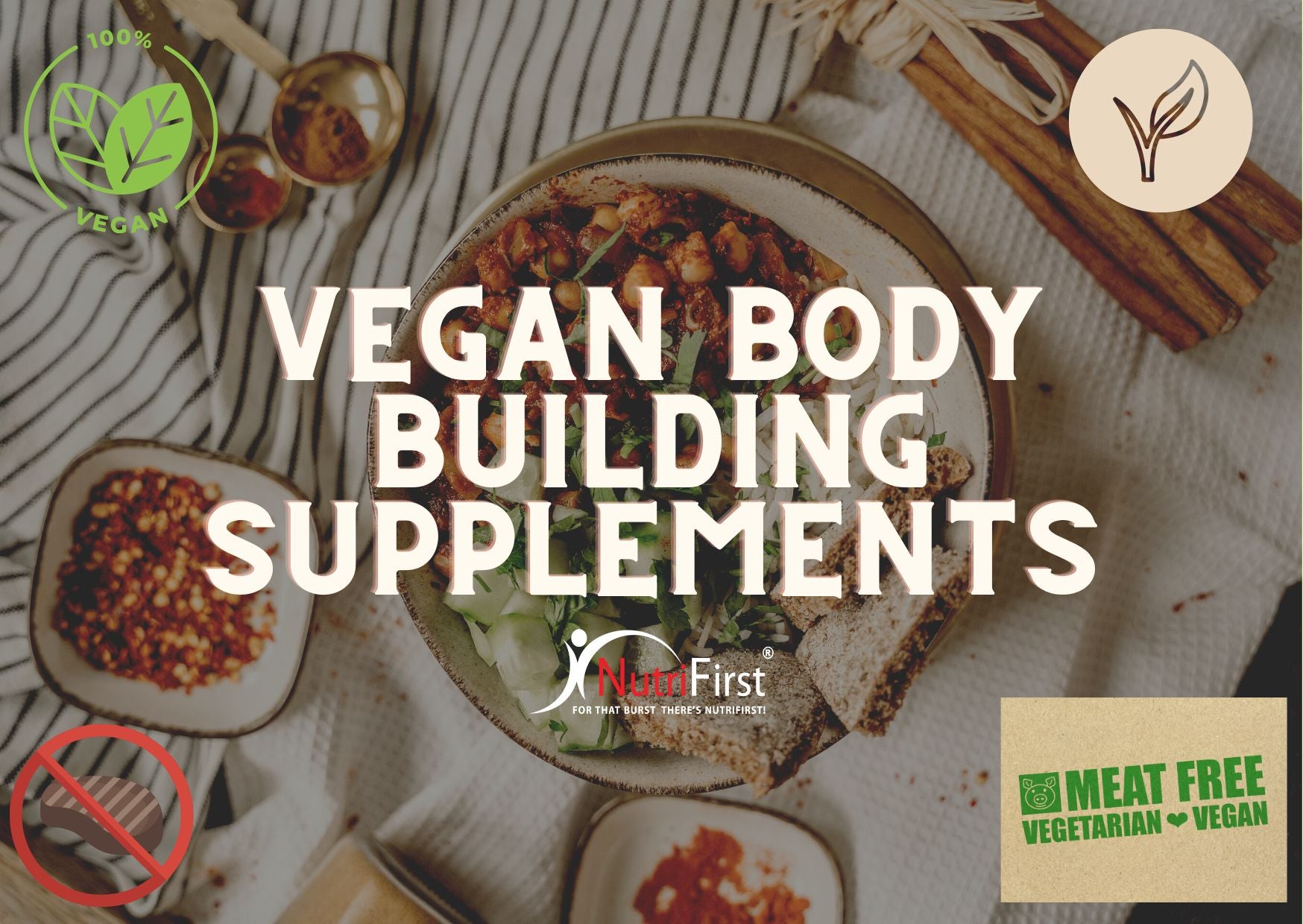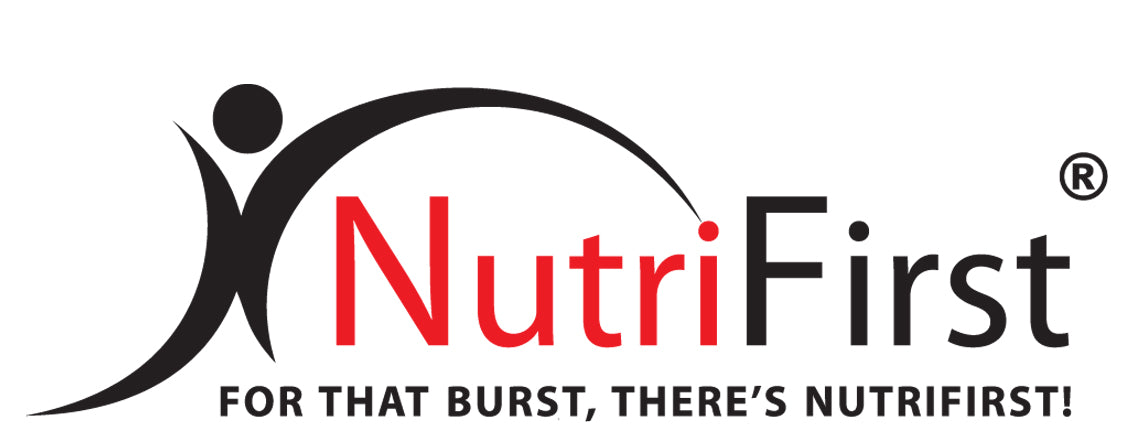
Vegan Bodybuilding Supplements
If you’re thinking about starting a vegan bodybuilding journey, or if you’re already on it, you’ll need to be sure that you have the right supplements.
First and foremost, you’ll need to make sure that you have enough protein. This nutrient is crucial for proper muscle development and repair. It’s also important for energy, cognitive development, immunity, and metabolism. The amount of protein that you consume per day will depend on your goals and the kind of workouts that you do. As a general rule, you’ll want to aim to consume at least 0.8 grams of protein per kilogram of body weight each day, but this number will vary depending on your particular goals. You should also make sure that you get enough calories to support your training regimen. If you eat too few calories, you won’t be able to meet your nutritional requirements. This can lead to fatigue, lack of motivation, poor recovery, and other issues that can hamper your progress.
There are plenty of high-quality vegan protein powders available on the market today which makes vegan nutrition so much easier and convenient than ever before. Many of these powders contain the perfect combination of proteins, carbs, fats, and other nutrients that will help you to reach your goals in no time!
Other than protein powders, vegans also need to focus on getting adequate amounts of other essential vitamins and minerals. Certain vitamins and minerals are particularly important for bodybuilders. Here are some of the supplements needed to achieve your fitness goals as a vegan.
1. Creatine Monohyrdate: Creatine is an organic acid produced in the body from the breakdown of creatine phosphate in the liver.
2. BCAA - Branched Chain Amino Acids: Leucine, isoleucine, and valine are essential amino acids that cannot be synthesized by the body itself and must be obtained from the diet.
3. Beta Alanine: An amino acid found naturally in meat which helps improve muscular endurance.
4. L-Carnitine: A supplement that supports fat metabolism and may help to improve exercise performance and reduce recovery time.
5. Glutamine: An amino acid that is produced by the body and found in foods such as meat, fish, eggs, beans, and dairy.
For vegan food sources you may turn to the following foods:
1. Quiona: Quinoa is a type of grain that's often eaten as a healthy alternative to white rice or pasta.
2. Nuts: Almonds, cashews, walnuts, etc.
3. Vegetables: Peppers, carrots, spinach, broccoli, kale, cucumbers, cauliflower, zucchini, mushrooms, etc.
4. Tofu or tempeh: Tempeh is made from fermented soybeans whereas tofu is made from curdled soy milk.
5. Rice cakes: These are made from milled rice and are completely devoid of any animal ingredients which makes them perfect for those following a vegan diet.
There are numerous benefits associated with eating a plant-based diet. These include a reduced risk of certain health conditions such as heart disease, type 2 diabetes, and certain types of cancer, as well as a better overall quality of life and a boost in your energy levels. Adopting a vegan diet has numerous health benefits which can help you lead a happier and healthier life.
First and foremost, you’ll need to make sure that you have enough protein. This nutrient is crucial for proper muscle development and repair. It’s also important for energy, cognitive development, immunity, and metabolism. The amount of protein that you consume per day will depend on your goals and the kind of workouts that you do. As a general rule, you’ll want to aim to consume at least 0.8 grams of protein per kilogram of body weight each day, but this number will vary depending on your particular goals. You should also make sure that you get enough calories to support your training regimen. If you eat too few calories, you won’t be able to meet your nutritional requirements. This can lead to fatigue, lack of motivation, poor recovery, and other issues that can hamper your progress.
There are plenty of high-quality vegan protein powders available on the market today which makes vegan nutrition so much easier and convenient than ever before. Many of these powders contain the perfect combination of proteins, carbs, fats, and other nutrients that will help you to reach your goals in no time!
Other than protein powders, vegans also need to focus on getting adequate amounts of other essential vitamins and minerals. Certain vitamins and minerals are particularly important for bodybuilders. Here are some of the supplements needed to achieve your fitness goals as a vegan.
1. Creatine Monohyrdate: Creatine is an organic acid produced in the body from the breakdown of creatine phosphate in the liver.
2. BCAA - Branched Chain Amino Acids: Leucine, isoleucine, and valine are essential amino acids that cannot be synthesized by the body itself and must be obtained from the diet.
3. Beta Alanine: An amino acid found naturally in meat which helps improve muscular endurance.
4. L-Carnitine: A supplement that supports fat metabolism and may help to improve exercise performance and reduce recovery time.
5. Glutamine: An amino acid that is produced by the body and found in foods such as meat, fish, eggs, beans, and dairy.
For vegan food sources you may turn to the following foods:
1. Quiona: Quinoa is a type of grain that's often eaten as a healthy alternative to white rice or pasta.
2. Nuts: Almonds, cashews, walnuts, etc.
3. Vegetables: Peppers, carrots, spinach, broccoli, kale, cucumbers, cauliflower, zucchini, mushrooms, etc.
4. Tofu or tempeh: Tempeh is made from fermented soybeans whereas tofu is made from curdled soy milk.
5. Rice cakes: These are made from milled rice and are completely devoid of any animal ingredients which makes them perfect for those following a vegan diet.
There are numerous benefits associated with eating a plant-based diet. These include a reduced risk of certain health conditions such as heart disease, type 2 diabetes, and certain types of cancer, as well as a better overall quality of life and a boost in your energy levels. Adopting a vegan diet has numerous health benefits which can help you lead a happier and healthier life.
